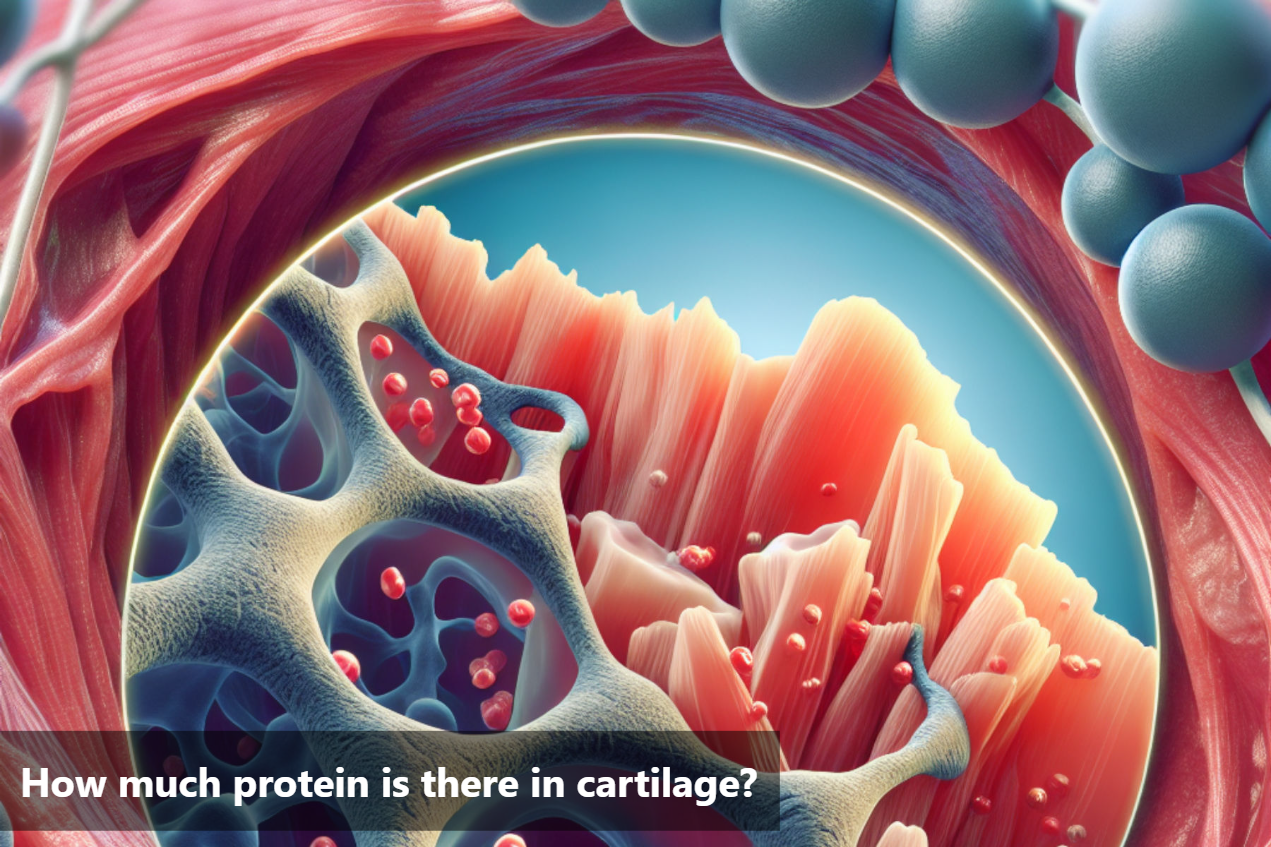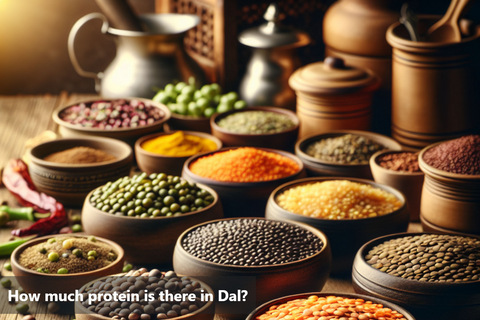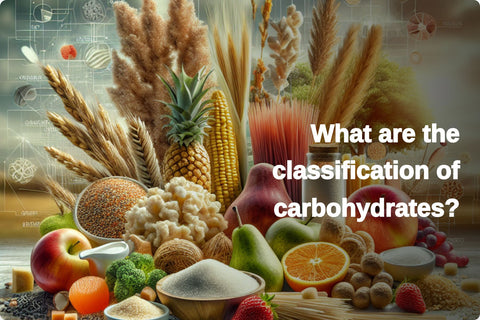
How much protein is there in cartilage?
Cartilage serves as a vital connective tissue in the human body, providing structural support and flexibility to various parts. It is a firm, rubbery material found in joints between bones, the rib cage, the ear, the nose, and more. The protein found in cartilage is predominantly collagen, which contributes to its strength and durability. Additionally, other proteins like elastin help maintain the elasticity of cartilage, allowing for cushioning and shock absorption.
Understanding the significance of protein in the body is crucial, as proteins are essential for the growth, repair, and maintenance of tissues. Cartilage, being rich in protein, plays a pivotal role in ensuring proper joint function and overall mobility. Consuming adequate protein through sources like cartilage is imperative for supporting muscle growth, bone health, and immune function.
In essence, cartilage and the proteins within play a significant role in supporting our body's structure and function. By recognizing the importance of cartilage and the protein it contains, individuals can make informed decisions about their diet and overall health. Investing in protein-rich foods, including cartilage, can contribute to enhanced well-being and optimal bodily function.

Types of Proteins Found in Cartilage
Collagen and elastin are the two main types of proteins found in cartilage. These proteins play crucial roles in maintaining the structure and function of cartilage tissue.
Collagen, the most abundant protein in cartilage, provides strength and support to the tissue. It forms a network of fibers that give cartilage its resilience and flexibility. Without sufficient collagen, cartilage may become weak and prone to damage.
On the other hand, elastin is responsible for the elasticity of cartilage. It allows cartilage to deform under pressure and return to its original shape once the pressure is released. This elastic property is essential for cartilage to withstand repetitive movements and absorb shock.
In addition to collagen and elastin, cartilage also contains other proteins like proteoglycans and glycoproteins that contribute to its overall structure and function. Proteoglycans help retain water within the cartilage matrix, maintaining hydration and lubrication, while glycoproteins play a role in cell signaling and adhesion processes.
-
Understanding the types of proteins found in cartilage is vital for appreciating the complex composition of this connective tissue and recognizing the importance of protein intake for maintaining optimal cartilage health.
Protein Content in Different Types of Cartilage
Protein content in different types of cartilage varies depending on the specific composition of each type.
In hyaline cartilage, which is the most abundant type in the body, the protein found is primarily collagen, making up around 60-80% of its dry weight. Collagen provides strength and structural support to hyaline cartilage, essential for joint function and flexibility.
On the other hand, elastic cartilage contains a higher percentage of elastin compared to other types of cartilage. Elastin is a protein that allows tissues to stretch and recoil, providing elasticity to structures like the external ear and the epiglottis.
Fibrocartilage, known for its durability and ability to resist compression, contains a significant amount of collagen as well. However, fibrocartilage also contains higher levels of other proteins like proteoglycans, which help maintain the cartilage's integrity and resilience.
Understanding the protein composition in different types of cartilage is crucial for appreciating their unique functions and properties within the body. Each type of cartilage plays a specific role in supporting and protecting various tissues and structures, highlighting the importance of a well-rounded protein intake for overall musculoskeletal health.
Benefits of Consuming Cartilage for Protein Intake
When it comes to obtaining essential proteins, cartilage is a valuable but often overlooked source. The protein found in cartilage plays a crucial role in maintaining the structural integrity of various tissues and supporting overall bodily functions.
One of the primary benefits of consuming cartilage for protein intake is its rich content of collagen, which is essential for skin elasticity, joint health, and wound healing.
In addition to collagen, cartilage is also a source of elastin, another important protein that provides flexibility and resilience to tissues like skin and blood vessels.
By incorporating cartilage into your diet, you can support the health of these vital bodily structures and potentially improve skin appearance and elasticity.
Furthermore, the protein found in cartilage is known to promote joint health and mobility. Consuming cartilage can potentially help reduce joint inflammation, alleviate pain, and support the repair of cartilage damage. This makes cartilage a valuable dietary addition for individuals looking to maintain or improve their joint function and overall mobility.
Incorporating cartilage into your diet can provide a unique set of proteins that contribute to various aspects of health, from tissue repair to structural support. By exploring cartilage as a protein source, you can access these benefits and support the overall well-being of your body.

Exploring Protein Levels in Cartilage: A Detailed Analysis
The comparison of protein content in different types of cartilage – hyaline, elastic, and fibrocartilage – highlighted the unique compositions that cater to specific functions within the body. Understanding these distinctions can offer valuable insights into the diverse roles that cartilage plays in our overall health and well-being.
By discussing the benefits of consuming cartilage as a protein source, we underscored the potential advantages it offers for supporting tissue repair, joint health, and overall protein intake. Incorporating cartilage into our diet can be a beneficial way to enhance our protein consumption while reaping the advantages associated with this essential nutrient.
The protein found in cartilage is a crucial component for maintaining the integrity and functionality of this specialized tissue. Embracing the benefits of cartilage and protein consumption can contribute to optimal health and well-being.
This Blog post is an initiative by Lo! Foods, to provide accurate and Nutritionist / Doctor approved information related to Health. Lo! Foods is India's leading brand for Everyday Functional Foods. Foods designed for specific Health conditions or Needs. Lo! Foods also runs India's largest range of Low Carb Healthy Cloud Kitchens, under the brand names of Lo!, ProteinChef, ATH (All Things Healthy) and DiabeSmart.















Leave a comment
Your email address will not be published.